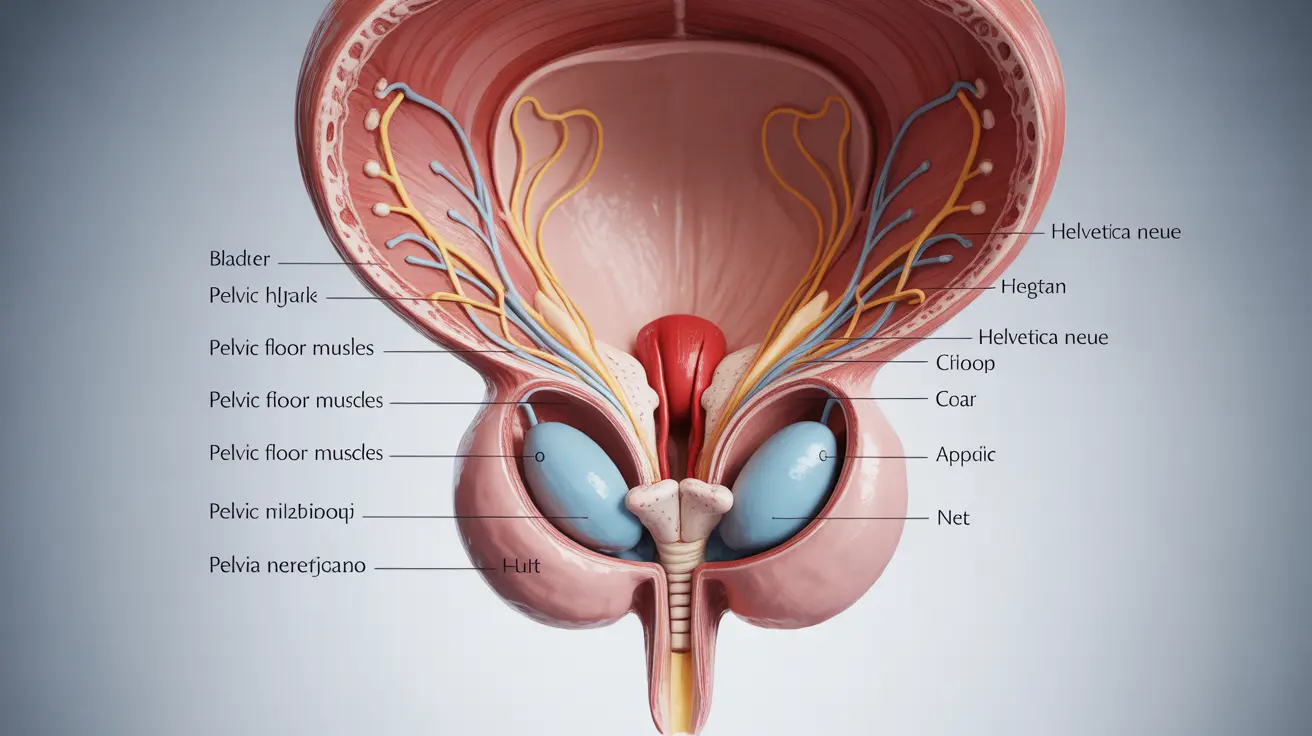Understanding how long alcohol remains detectable in your body is crucial for various personal and professional reasons, from medical assessments to legal compliance. Urine tests are one of the most common methods for detecting recent alcohol consumption, offering insights into an individual's drinking patterns and potential health risks.
Different factors influence alcohol detection times, making the process more complex than many people realize. This comprehensive guide will explore the intricacies of alcohol detection in urine tests, helping you understand what impacts these results and what you can expect.
How Alcohol Detection in Urine Works
Urine alcohol testing is more sophisticated than simply measuring the presence of alcohol. These tests actually detect specific metabolites that indicate recent alcohol consumption, which can remain in your system long after the alcohol itself has been processed.
Types of Urine Alcohol Tests
- Standard Alcohol Testing
- Ethyl Glucuronide (EtG) Testing
- Ethyl Sulfate (EtS) Testing
Typical Detection Windows for Urine Tests
Most standard urine tests can detect alcohol for approximately 12-24 hours after consumption. However, more advanced tests like EtG can extend this detection window significantly, potentially identifying alcohol use up to 3-5 days after drinking.
Factors Influencing Alcohol Detection in Urine
Individual Biological Factors
Several personal characteristics dramatically impact how long alcohol remains detectable in your urine:
- Age
- Body weight and composition
- Metabolic rate
- Genetic variations in enzyme production
- Overall health and liver function
Drinking Behavior Impacts
The amount and frequency of alcohol consumption directly influence detection times. Heavy or chronic drinking can extend the period during which alcohol metabolites remain traceable in urine tests.
Test Sensitivity Variations
Different testing methods offer varying levels of sensitivity. While standard tests provide a relatively short detection window, more advanced testing like EtG can detect alcohol consumption much further back in time.
Understanding Alcohol Metabolism
The Body's Alcohol Processing Mechanism
When you consume alcohol, your body immediately begins breaking down the ethanol through a complex metabolic process. The liver plays the primary role, using enzymes to convert alcohol into acetaldehyde and then into acetate, which is ultimately eliminated from the body.
Elimination Rate Considerations
On average, the human body metabolizes approximately one standard drink per hour. However, this rate can vary significantly based on individual factors and overall health.
Practical Implications of Urine Alcohol Testing
Professional and Legal Contexts
Urine alcohol tests are commonly used in workplace screening, legal proceedings, and medical evaluations. Understanding detection windows can help individuals make informed decisions about their alcohol consumption.
Health Monitoring Perspectives
Beyond professional applications, urine alcohol testing can provide valuable insights into potential alcohol-related health risks and drinking patterns.
Frequently Asked Questions
How long can alcohol be detected in a urine test after drinking?
Standard urine tests typically detect alcohol for 12-24 hours, while more sensitive EtG tests can identify alcohol metabolites up to 3-5 days after consumption.
What factors influence how long alcohol stays in your urine?
Factors include individual metabolism, age, body weight, drinking quantity, frequency of alcohol use, and overall health status.
Is there a difference between standard urine alcohol tests and EtG/EtS tests?
Yes, EtG and EtS tests are more sensitive and can detect alcohol metabolites for a much longer period compared to standard urine alcohol tests.
Can drinking water help flush alcohol out of your system faster?
While staying hydrated supports overall health, water does not significantly accelerate alcohol metabolism or elimination from the body.
Why can alcohol sometimes be detected in urine even after it's no longer in the blood?
Alcohol metabolites like ethyl glucuronide can remain detectable in urine long after the alcohol itself has been processed, allowing for extended detection windows.
Understanding alcohol detection in urine requires recognizing the complexity of human metabolism and the sophisticated testing methods available today. Always consult healthcare professionals for personalized medical advice regarding alcohol consumption and testing.




